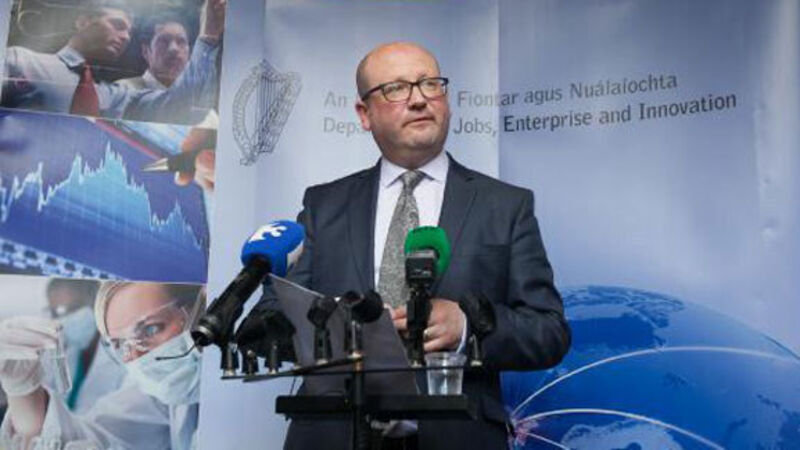Ged Nash urges employers to back voluntary ‘living wage’

The Labour minister said that paying €11.50 an hour in some sectors would help productivity, reduce absenteeism, and boost staff retention in workplaces.
The junior jobs minister unveiled plans yesterday for a conference with employers and trade unions among others which will look at how the notion of a living wage could be voluntarily introduced in Ireland.
















